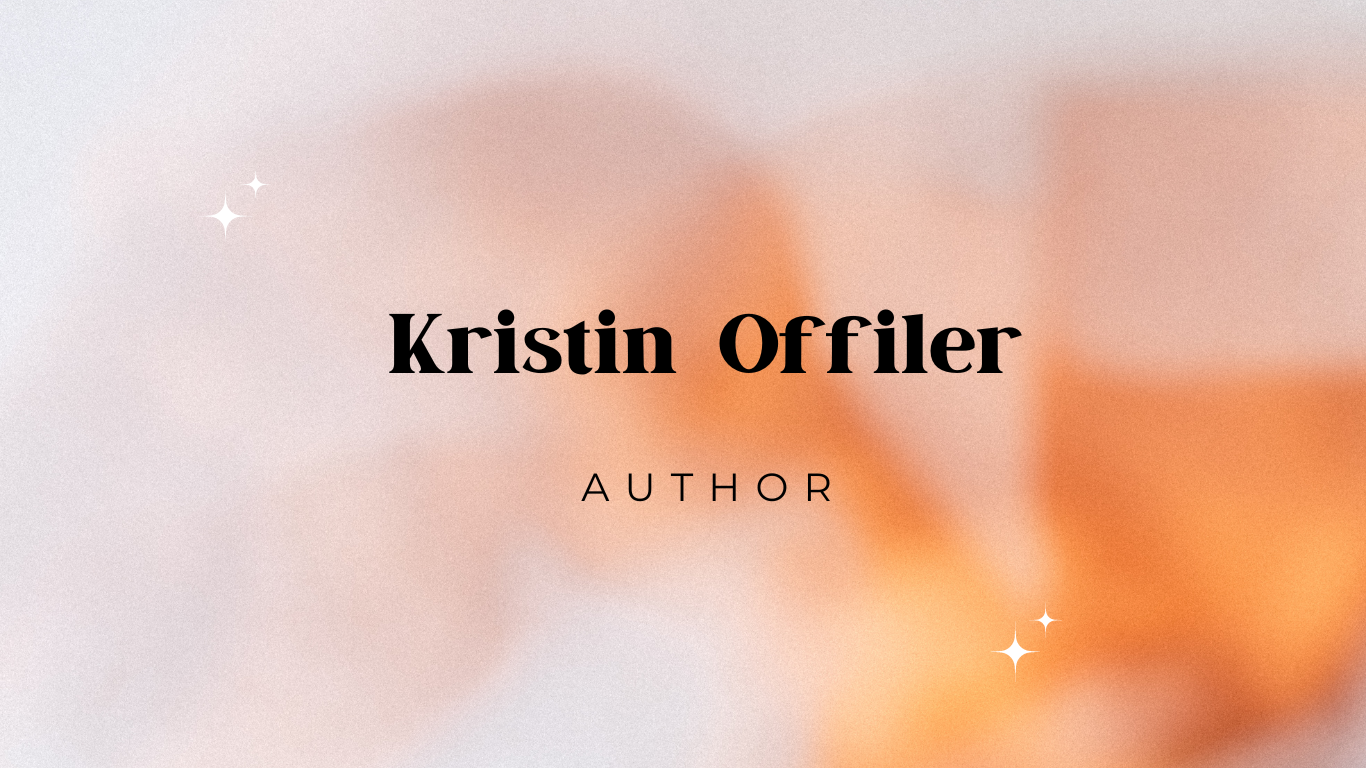Writing Isn’t Hard. And Yet, It Is. Let Me Explain.

You open your notebook and uncap your pen. This is the time you’ve set aside to write. You’re ready.
Your hand hovers over the blank page as you scan your mind for the right way to begin.
You wait… but nothing good shows up. All your ideas sound too cliche or dumb to write down.
You’re frozen, waiting, thinking, panicking, hoping something brilliant surfaces through the muck.
Finally, frustrated and dejected, you close the notebook and tuck it away in a drawer.
Or perhaps you pull up a blank Word document and stare at the blinking cursor until you can’t stand it anymore.
You write a few paragraphs or sentences, then delete it all until you have a big white space and that tiny, blinking line staring at you.
The frustration of hating every idea you have is overwhelming.
You don’t feel smart enough, good enough, funny enough to write anything decent, so you close the document and walk away.
It’s moments like these that make writing feel hard. Coming up with a good idea can feel painfully difficult, almost impossible.
The thing is, writing itself is actually not hard. The act of writing, of holding a pen or typing into a blank document, is simple.
There’s almost nothing to it.
The hard part is the mental resistance that convinces you your ideas are garbage and nothing you write will ever be worth reading.
That is what feels hard about writing. Not the writing itself, but the mental barriers we have to scale in order to write the things we want to write.
Practice Nonjudgmental Writing
Writing feels especially difficult when we get caught up in judging our work. The harsher you judge yourself, the harder the writing will feel because your bar is set too high.
What if you wrote without expecting the words to be anything in particular? Could you let the words just be whatever they are without examining them for their worth?
Could you write with a sense of detachment? As if someone else had written those words and they weren’t directly tied to your own value as a writer or human being?
Nonjudgmental writing means you allow yourself to write the things that naturally come up without assigning a value to them. You detach from the need to say if it’s good or bad or whatever.
It’s a practice in writing without expectations. You let the words exist without expecting them to become a polished, perfect short story or novel or essay on the first go. You give your writing radical acceptance.
Try this with some low-stakes exercises or prompts first, then apply it to your writing sessions. It’s a continual habit, writing without judgment or expectation, but once you start doing it often enough, you’ll see that the writing itself feels easier.
Recognize The Ways You Feel Resistance
Resistance is sneaky. It doesn’t always look or feel one way.
The top thing resistance does is convince us that writing is too hard. It accomplishes this by being clever and disguising itself.
Your resistance might come in the form of you feeling like 15 minutes isn’t enough time to write, so why bother? Or it might come through as self-judgment (who are you to write this, anyway?).
Maybe it shows up as a desire to do literally anything else but write. Laundry never seems as appealing as when you’re planning to sit down and write, after all!
Pay close attention to the ways resistance shows up in your life. As you start to see where resistance exists for you, you can be deliberate about working around it.
Maybe 15 minutes isn’t much, but you can write at least a page in that time. And maybe you’re not an expert at fiction, but you wouldn’t feel right not trying to tell this story. And yes, laundry and dishes need attention, but not right now. They can wait.
Resistance makes writing feel hard when it really isn’t. Be aware of it and write anyway and see how that starts to shift things for you.
Remind Yourself That It’s Ok If Something Is Difficult!
There’s a huge difference between feeling like writing itself is hard and feeling like a specific aspect of the writing process is hard.
And even if there are parts of writing that you find tough… that is TOTALLY OK.
Truly! It’s not going to kill you if revision is tricky or if you can never choose the right point of view or if the querying process is a lot to wrap your brain around.
There’s nothing fatal about writing.
If it feels hard sometimes, that’s ok. Accept it, try writing without judgment or expectation, and be conscious of resistance.
The truth is, if you truly want to write, you’ll do it even if it seems hard. You’ll figure out how to incorporate it into your life if it’s important enough to you.

Kali | 20th Feb 19
Sometimes I think the hardest part about writing is starting. I guess resistance for me is a mental block or waiting for “inspiration” to hit. We’ve all be there!